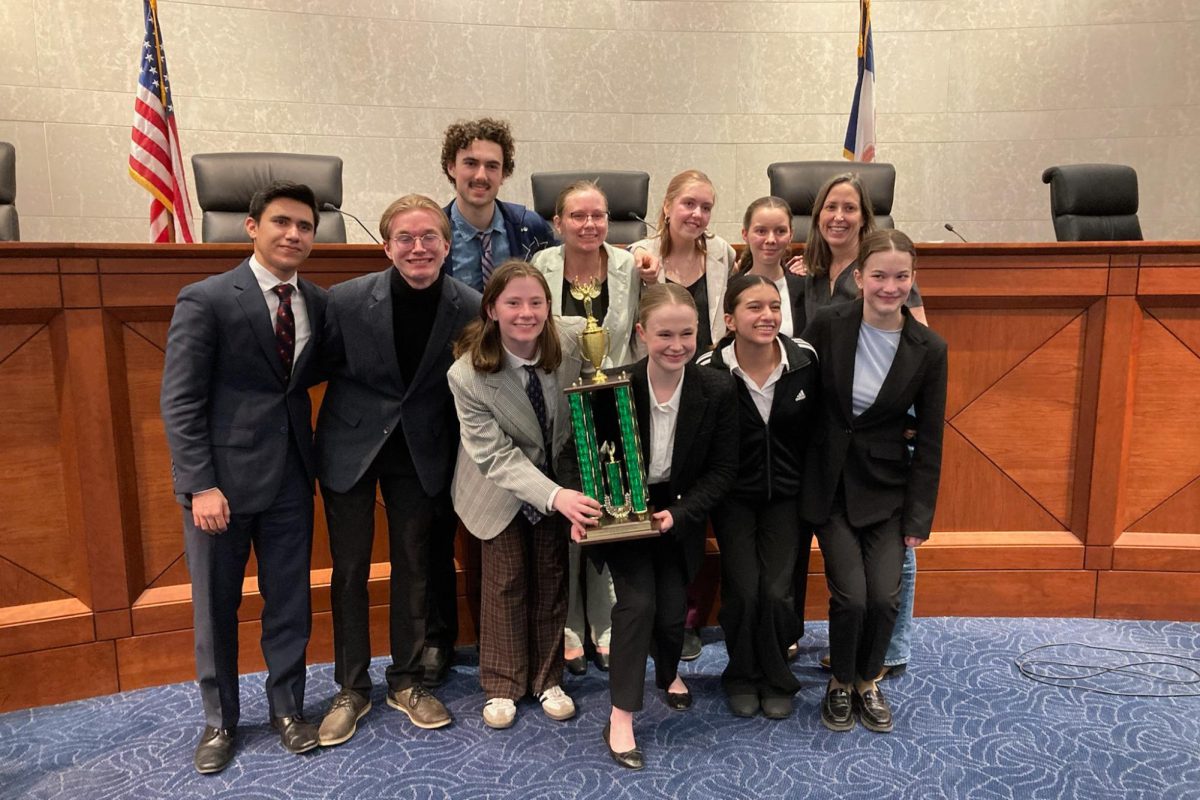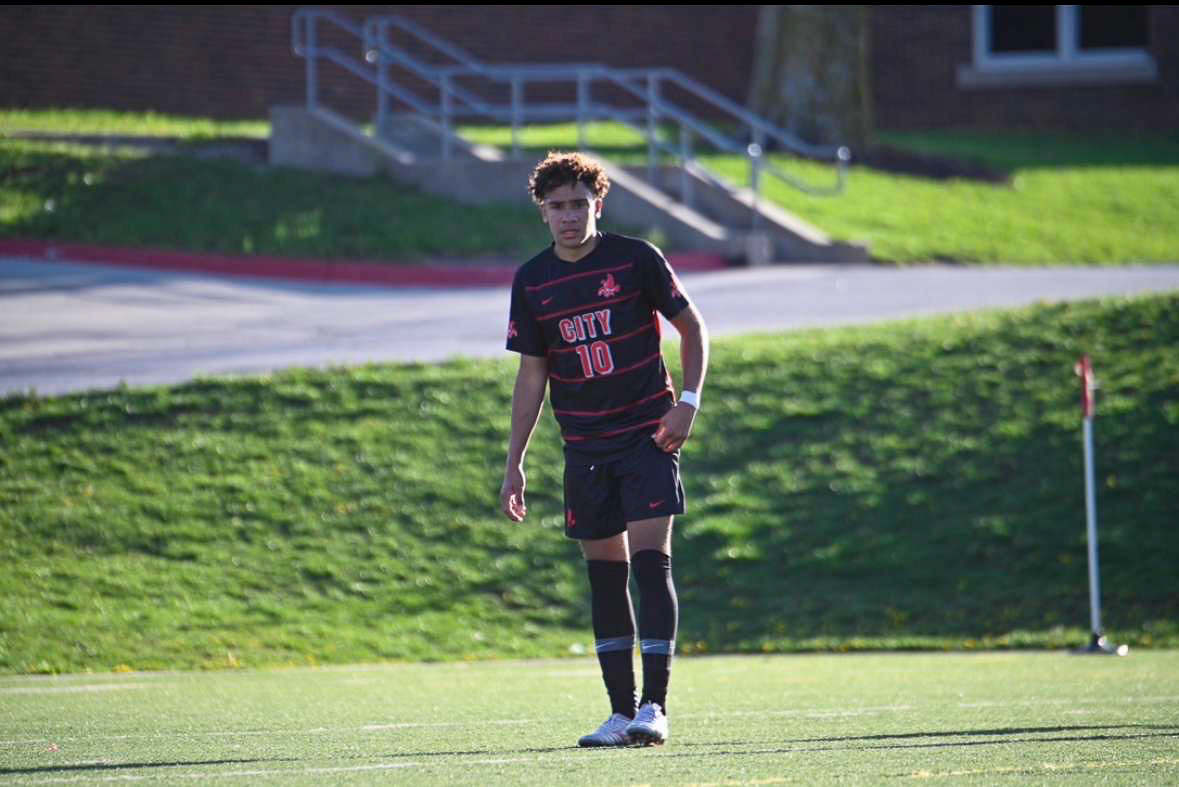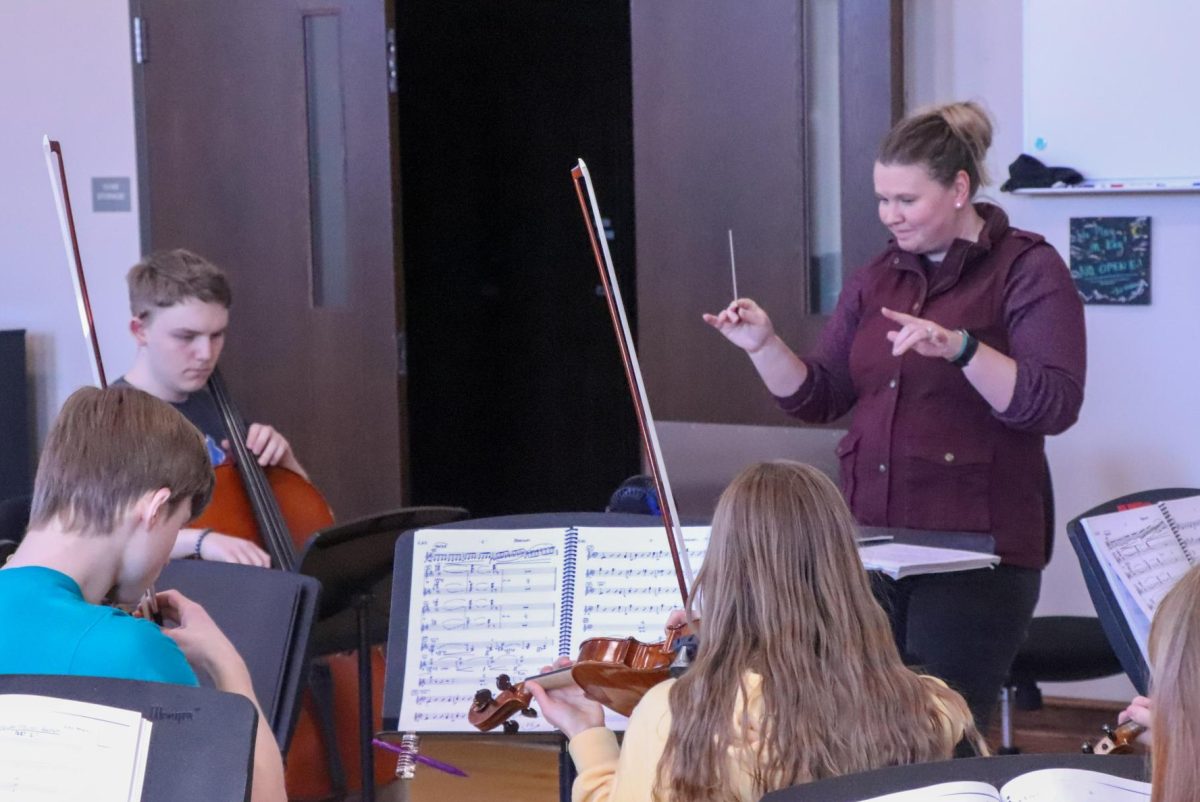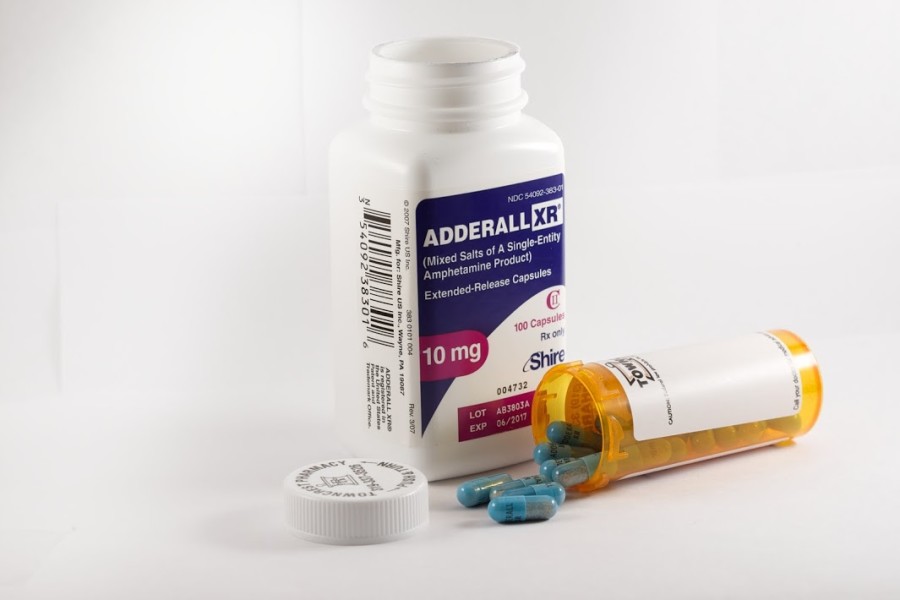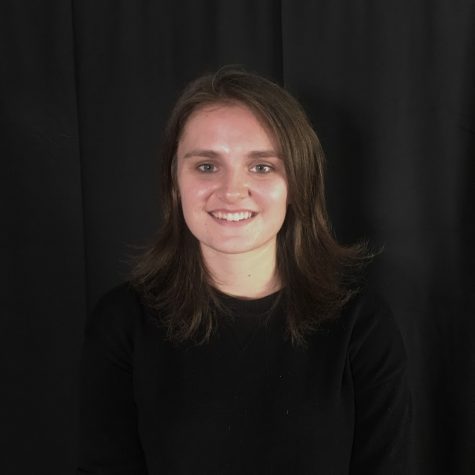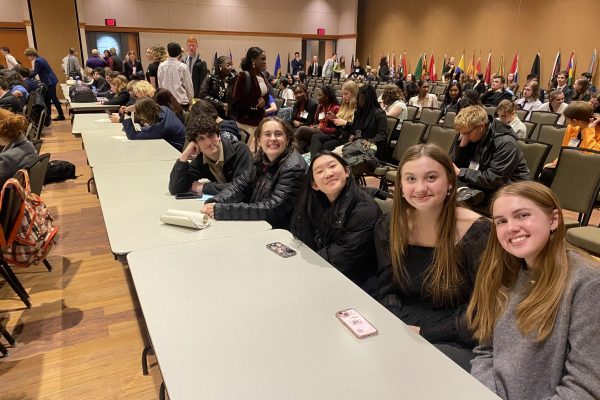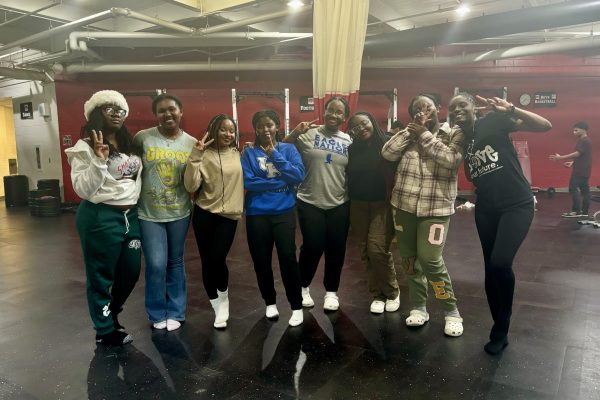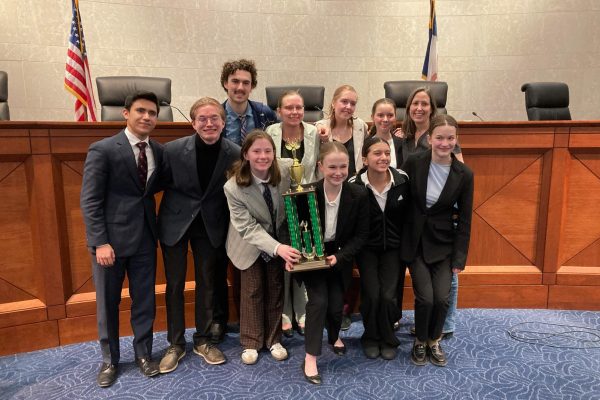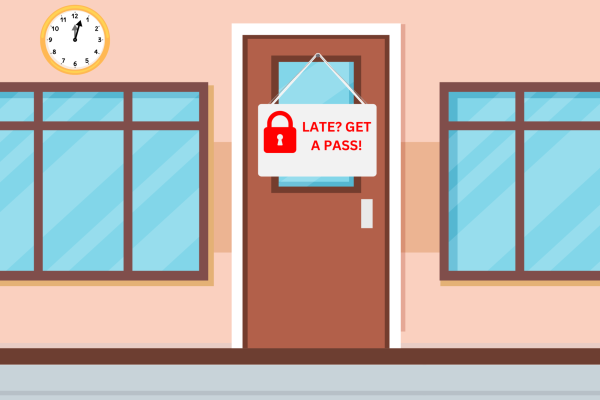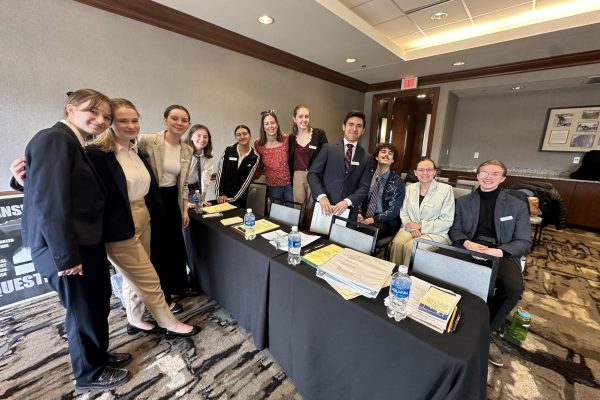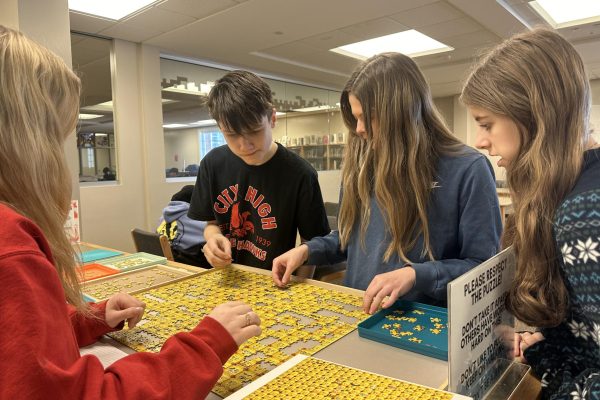Local Officials Discuss Teen Drug Abuse
May 28, 2014
Parents of both City and West High students gathered in the City High Commons on Tuesday April 29th to listen to local officials, counselors, and other advisors discuss drug use among teens and what parents can do.
“It’s not about certain neighborhoods in our town, it’s about all neighborhoods in our town,” Officer Allan Mebus of the Iowa City Police Department said.
Speakers highlighted the issues teens and parents face today when dealing with drug and substance abuse. Prescription drug abuse is on the rise. 96 percent of substance abuse treatment providers reported an increase in prescription abuse, particularly pain relievers, according to MECCA Substance Abuse Services.
“The scary part for us is that we’re seeing more and more misuse of prescription drugs.” Mebus said.
Medicines account for five of the top ten substances reported in Iowa poisonings, according Iowa youth survey data provided by MECCA.
The idea that substance abuse is a problem only for certain demographics is incorrect, according to Mebus.
“There are no parameters. None. It’s across the board and we’re seeing it as early as junior high,’’Mebus said. “Many of the deaths we’ve investigated this year have been because of overdose, usually of someone else’s prescription medication.”
The abuse of prescription drugs also concerns Kristin Brack, a coordinator at MECCA.
“Prescription drug abuse may be the fastest growing form of substance abuse.” Brack said.
Marijuana usage among teenagers is also up. 6.5 percent of 12th graders in the nation now use marijuana everyday, an increase from 5 percent in the mid-2000s, according to MECCA services.
“It’s like you’re in a fast car and you don’t have very good breaks.” Shelly Goffstein, a counselor at Tate High School, said of marijuana use.
Mebus also showed concerned for the easy access teens have to marijuana.
“Marijuana. Where do you get it? Any street corner in the city.” Mebus said. “What about the young kids? They’re getting it from the older kids. High schoolers are selling it to the junior high.”
The good news is that there has been a decrease in the use of drugs such as heroin, cocaine, and inhalants.
“There’s some really good things to talk about. The positive trends,” Goffstein said. “They include reduced use of inhalants and less use of cocaine, especially crack cocaine, and this is national.”
Goffstein ended the conversation by discussing some of the resources teens have if they or someone they know is struggling with a drug or substance abuse problem.
“MECCA has an adolescent program and an extended outpatient program.” he said. “Kids can come in every other week to see a counselor.”





